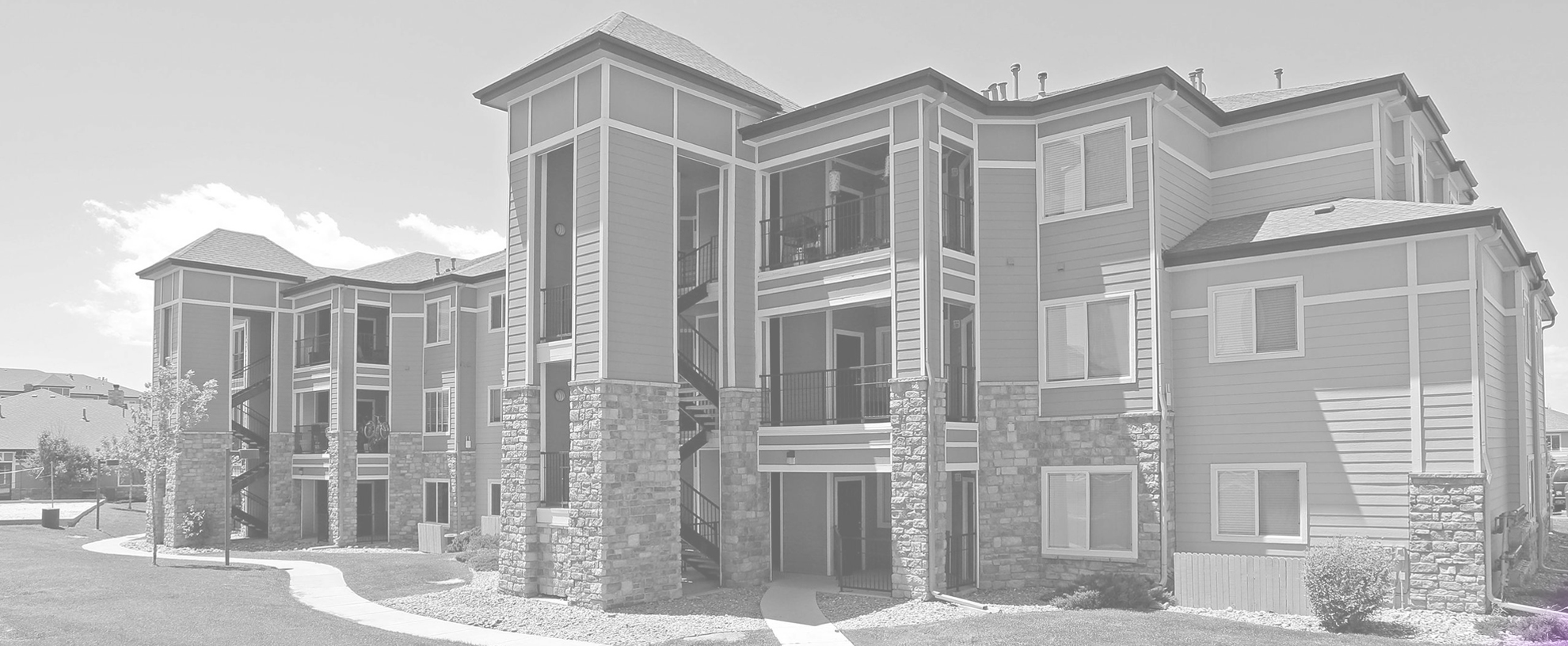Introduction
Real estate investors looking to maximize their portfolio’s potential often explore financing options to tap into their property’s equity. One of the most powerful financial tools available is a cash-out refinance for investment properties. This strategy allows investors to leverage the built-up equity in their real estate holdings to fund new investments, renovate existing properties, or consolidate high-interest debt.
If you’re considering a cash-out refinance for your investment property, this guide will walk you through the key benefits, requirements, and strategies to make the most of this financing option.
What is a Cash-Out Refinance for an Investment Property?
A cash-out refinance is a mortgage refinancing option that allows property owners to replace their existing loan with a new mortgage that has a higher balance. The difference between the new mortgage and the original loan is paid out in cash, which can be used for various financial needs.
For investment properties, this process enables investors to extract equity to reinvest in more properties, upgrade existing ones, or improve cash flow management.
Benefits of a Cash-Out Refinance for Investment Properties
1. Access to Capital for New Investments
A major advantage of a cash-out refinance is unlocking funds to purchase additional rental properties, diversify your portfolio, or invest in lucrative real estate markets.
2. Funding for Property Improvements
Using cash-out refinance proceeds for renovations and upgrades can increase property value and rental income potential, ultimately boosting your return on investment (ROI).
3. Lower Interest Rates Compared to Other Loans
Compared to personal loans or credit lines, mortgage refinancing typically offers lower interest rates, making it a cost-effective financing option for real estate investors.
4. Debt Consolidation and Improved Cash Flow
Refinancing high-interest debts, such as personal loans or credit cards, into a lower-rate mortgage can lead to better cash flow management and reduced financial stress.
5. Tax Advantages
Depending on how the funds are used, there may be potential tax benefits. Interest on the refinanced mortgage may be tax-deductible when the loan proceeds are used for business or investment purposes (consult a tax professional for specifics).
Eligibility Requirements for a Cash-Out Refinance on Investment Properties
1. Sufficient Equity in the Property
Lenders typically require at least 25-30% equity in an investment property to qualify for a cash-out refinance. This ensures a lower loan-to-value (LTV) ratio, reducing lender risk.
2. Strong Credit Score
A higher credit score (typically 680 or above) is necessary to qualify for the best rates and terms on a cash-out refinance.
3. Stable Debt-to-Income (DTI) Ratio
Most lenders prefer a DTI ratio of 43% or lower, ensuring that borrowers can manage their mortgage payments effectively.
4. Property Appraisal
An updated appraisal is required to determine the current market value of the investment property, which influences the amount of cash-out equity available.
5. Proof of Rental Income
Lenders often require documentation of rental income to assess the property’s profitability and ensure that borrowers can sustain mortgage payments.
How to Maximize the Benefits of a Cash-Out Refinance
1. Compare Lenders and Loan Offers
Different lenders offer varying rates, fees, and terms. Shopping around ensures you secure the most favorable refinancing terms.
2. Use the Funds Strategically
Consider reinvesting cash-out proceeds into high-yield properties or making upgrades that will significantly boost rental income and property value.
3. Calculate ROI Before Refinancing
Assess whether the potential return on investment outweighs the refinancing costs, including closing fees and potential interest rate changes.
4. Monitor Market Trends
Refinancing during periods of low interest rates can lead to significant long-term savings. Keep an eye on market conditions before making a move.
5. Work with a Financial Advisor
A mortgage specialist or financial advisor can help assess your refinancing options and align them with your long-term investment strategy.
Potential Risks and Considerations
While cash-out refinancing offers numerous benefits, it’s important to consider potential drawbacks:
- Higher Monthly Payments: Refinancing into a higher loan balance can increase your monthly mortgage payments.
- Closing Costs: Expect to pay 2-5% of the loan amount in closing fees.
- Market Fluctuations: A downturn in property values could reduce the amount of available equity in the future.
- Extended Loan Term: If refinancing extends the loan term, you may pay more interest over time.
Frequently Asked Questions (FAQs)
1. How much cash can I take out with a refinance?
Lenders typically allow up to 75% LTV for investment properties, meaning you can cash out the difference between your current loan balance and 75% of the property’s appraised value.
2. Can I refinance an investment property with bad credit?
While possible, securing favorable rates and terms with bad credit is challenging. Working to improve your credit score before applying is recommended.
3. How long does the cash-out refinance process take?
On average, the process takes 30-45 days, depending on lender requirements, documentation, and appraisal timelines.
4. Are there any alternatives to a cash-out refinance?
Yes, alternatives include home equity lines of credit (HELOCs), rental property loans, or private financing options for real estate investors.
Conclusion: Is a Cash-Out Refinance Right for You?
A cash-out refinance for an investment property can be a powerful tool for real estate investors seeking to expand their portfolios, improve existing properties, or optimize financial stability. However, careful planning and strategic decision-making are crucial to maximizing benefits while minimizing risks.
If you’re ready to unlock the potential of your investment property, explore refinancing options with New City Financial. Our team of mortgage experts can guide you through the process and help you secure the best refinancing terms tailored to your financial goals.
Get Started with Your Cash-Out Refinance Today!
Don’t let your property’s equity sit idle—put it to work! Contact New City Financial today for a personalized consultation and discover how a cash-out refinance can help you achieve your real estate investment goals. Apply online or call us now to take the next step toward financial growth!


